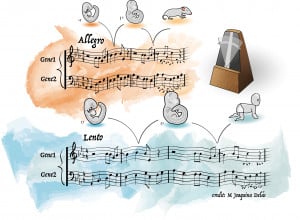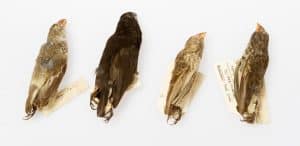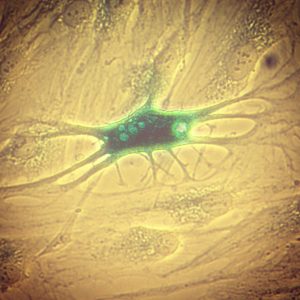Last July 13th, the story of RAICEX was published in the journal Frontiers Research Metrics and Analytics as part of the special issue Engaging Scientific Diasporas for Development: Policy and Practices, dedicated to highlight the role of scientific diaspora in policies, processes, and practices. The article, RAICEX: An organizational success story of the scientific diaspora abroad, was written by the current general secretary of RAICEX, Dr Eva Ortega-Paino, and the former general secretary of the organisation, Dr Eduardo Oliver, who is also one of the former SRUK/CERU presidents and currently the ambassador of this Society in Spain.
The article first introduces the historical reasons for scientists to move abroad, a situation described by the Royal Society in 2011 and coined as the “global scientific diaspora”. In the article, however, the authors focus on Spain after the Great Recession in 2008. This particular event seems to have been the beginning of the exodus of Spanish researchers and the seed for the first ever association of Spanish researchers abroad: SRUK/CERU, the Society of Spanish Researchers in the UK that was officially born in 2012. Ten years later, more than 4,000 Spanish researchers distributed across 18 countries and 5 different continents are part of RAICEX, being SRUK/CERU a proud founding and active member of RAICEX as a Society. The authors of the article also analyse the impact that the loss of Spanish researchers has had on the Spanish R&D system, a realisation that has triggered several campaigns in Spain to revert the “brain drain” in the country.
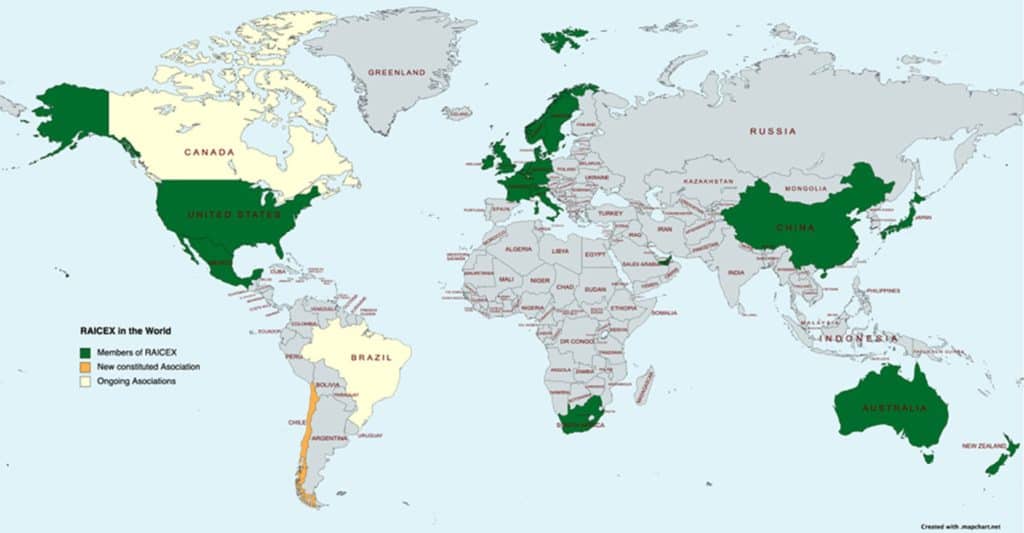
In July 2018, RAICEX was born with the following main goals: promoting the exchange of experiences and knowledge between Spanish researchers and scientists abroad and all the stakeholders of the “Spanish System of Science, Technology and Innovation” (SECTI), serving as an advisory body, information channel and catalyst for international relations in scientific matters, and contributing to the progress of science. The main objectives to achieve the aforementioned goals have been:
- To provide support to researchers and scientists in mobility and personal development by offering training, information, and guidance as well as to provide contact with all the other associations that make up the global network.
- To disseminate and give visibility to the value of science and the work of researchers and scientists by promoting communication of the advances of knowledge in all areas of society.
- To promote international relations and cooperation from a global perspective between researchers/scientists and public and private organisations.
- To share the acquired knowledge and experience in different research and science systems abroad to advise, provide feedback, and contribute to the progress of the whole SECTI.
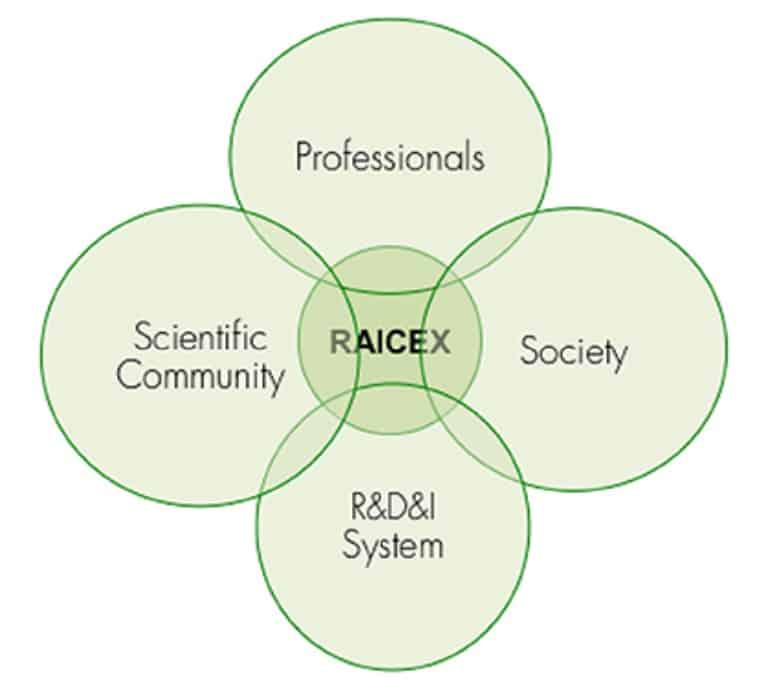
The impact that RAICEX and its foundational members have had on the Spanish National System since 2012 is also discussed in the article, specially focusing on the recent achievements in new public policies and programs. From providing advice to newcomers and carrying out science dissemination to becoming an advisory body to governments and institutions, the authors describe the Spanish scientific diaspora as an extensive network which, under the umbrella of RAICEX as a representative body, is committed to cooperation and brain connection.
For more information, the authors invite all readers to go through the full text here.

